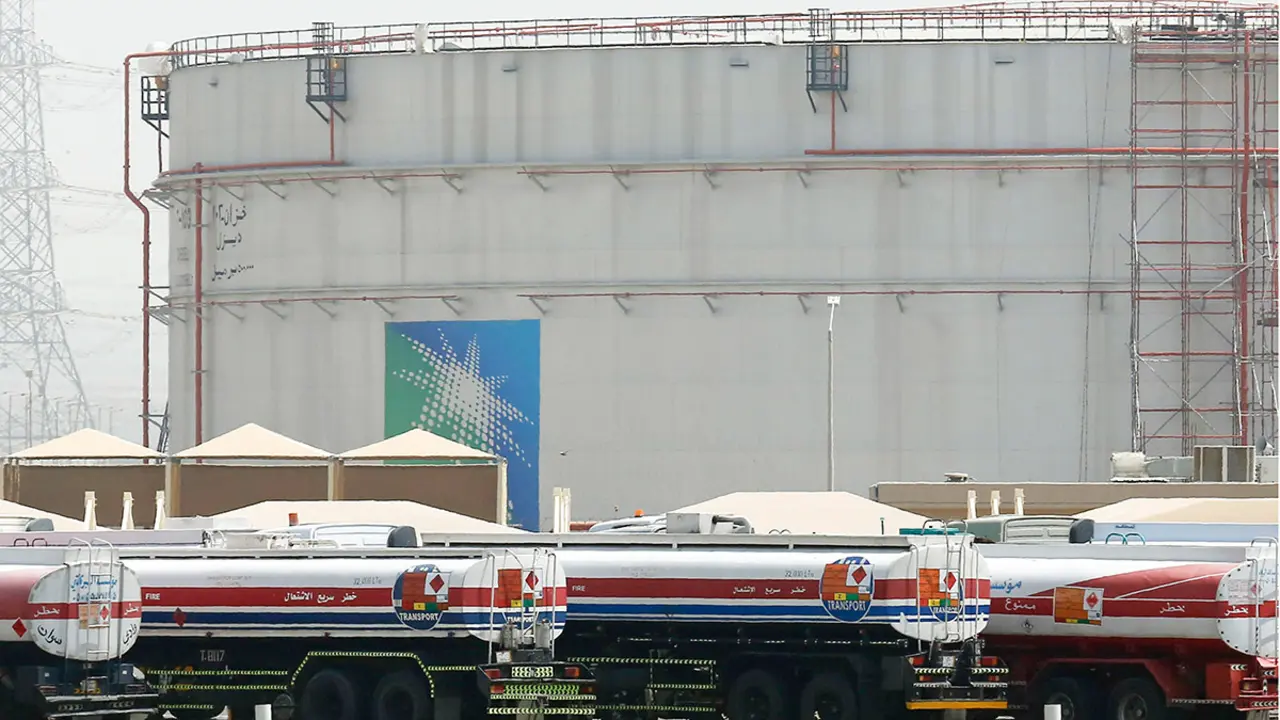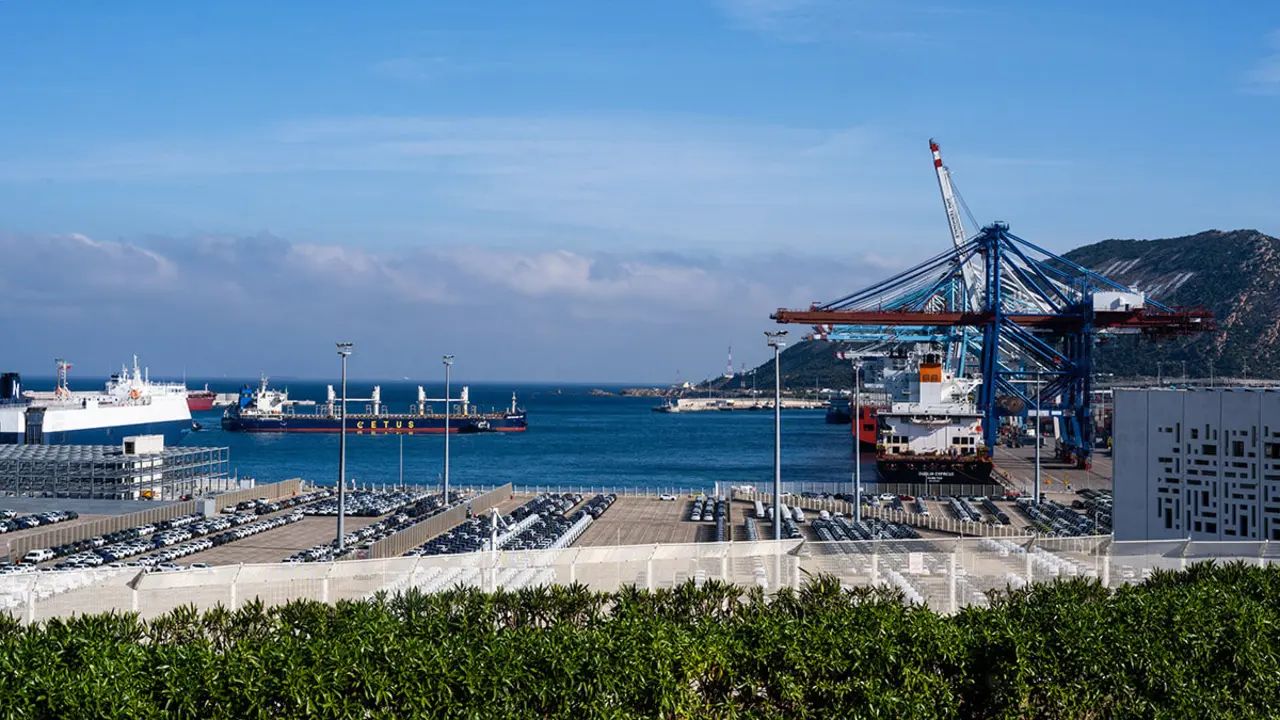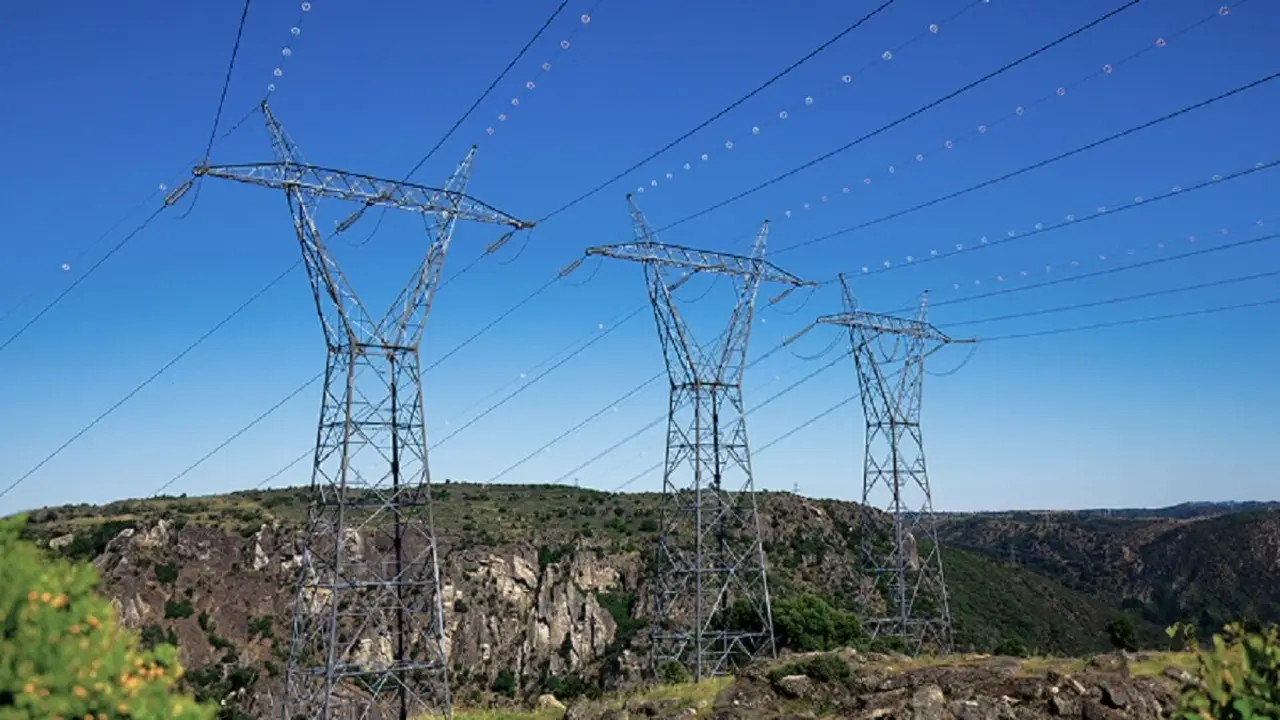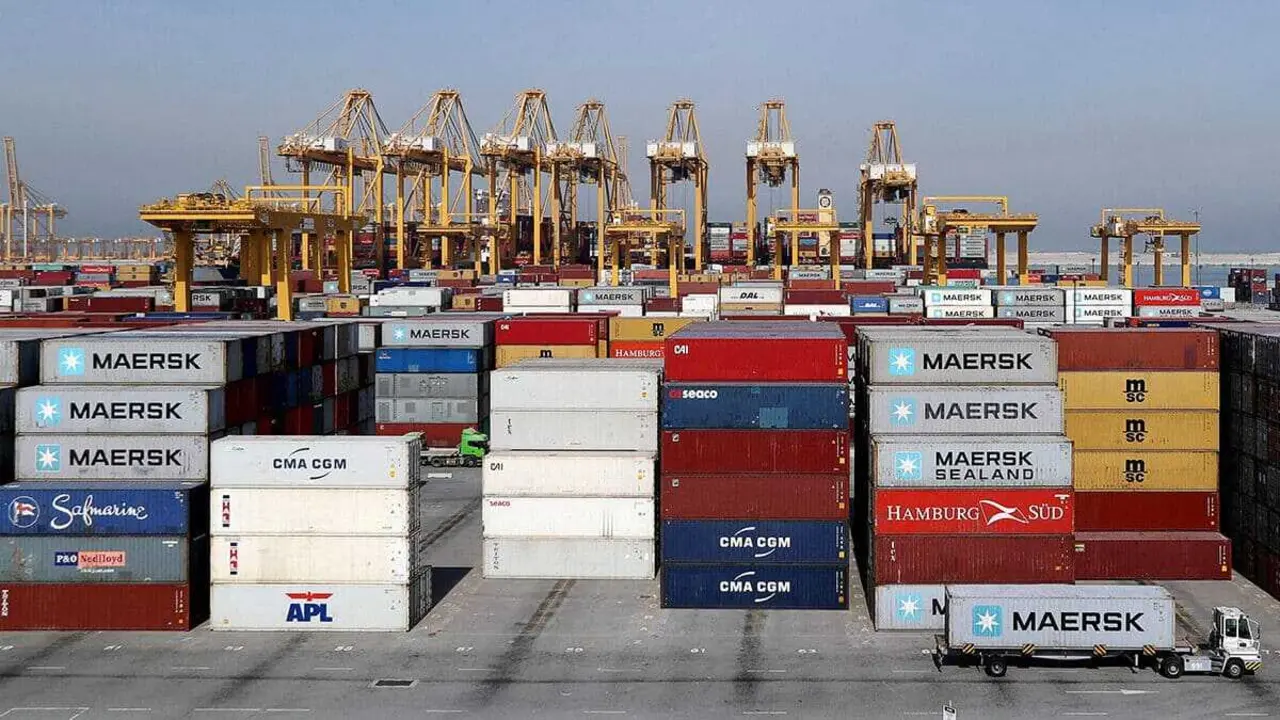The Exporters' Club is concerned about the increase in the trade deficit and calls for measures to boost investment and growth

The Spanish Exporters and Investors Club views with concern the increase in the accumulated trade deficit in the first three quarters of the year, which reached 53,437.1 million euros, equivalent to 402.76% more than in the same period of 2021, and has led the coverage rate to stand at 84.3%, ten points lower than that of January-September 2021 (94.5%). In its opinion, this indicator points to greater financing problems for the Spanish economy in a context of rising interest rates and volatility in the financial markets.
Although Spanish exports continue to break records (between January and September 2022 they grew by 24.7%, reaching 286,673.4 million euros, according to data published by the Secretary of State for Trade), imports are growing at a faster rate, by 39.8%, amounting to 340,110.5 million euros.) These figures have pushed the trade deficit to levels not seen since 2010, as has the coverage rate, which has contracted by more than ten percentage points since the values reached in the same period last year.
This large increase in the trade deficit in 2022 is not only due to the energy balance, but also to non-energy imports, which have increased in volume by 7.7%; exports, on the other hand, only increased by 4.8% in volume.
For the Exporters' Club, the greater dynamism of imports in terms of economic value is closely related to the rise in energy costs. In fact, 75% of the trade deficit from January to September 2022 constitutes the energy part (40,056.6 million euros). The Spanish economy is importing inflation, not only because of the 69.4% increase in the price of energy imports, but also because of non-energy imports, whose prices have risen by 18.3%, which are passed on to both domestic and export prices.
Therefore, in the current context of international instability, the result of Russia's war against Ukraine, with inefficiencies in supply chains, high rises in energy costs and signs of economic contraction, the association that brings together the largest Spanish exporters considers that this is not the time to increase taxes on companies or to introduce more regulatory barriers. On the contrary, it recommends opting for business support policies that provide stability and certainty, reduce the tax burden on companies and encourage investment, with a view to boosting growth.








